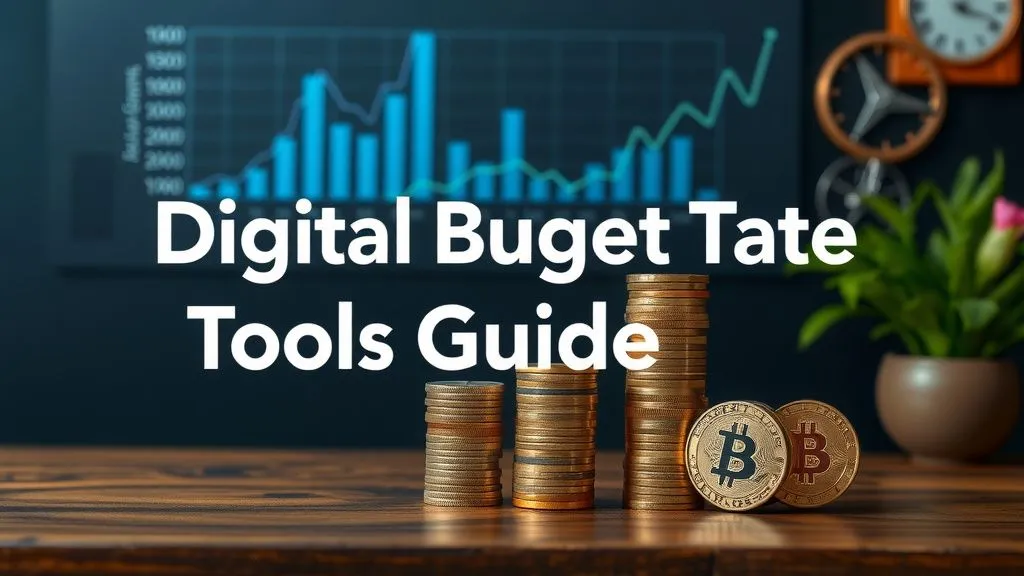Balanced Budget Guide
Managing your finances can be a daunting task, especially when it comes to creating and maintaining a balanced budget. A balanced budget is essential for financial stability and achieving your long-term goals. In this guide, we will walk you through the steps of creating a balanced budget that works for you.
Why is a Balanced Budget Important?
A balanced budget ensures that your income covers all your expenses while leaving room for savings and investments. It allows you to live within your means, avoid unnecessary debt, and have a clear understanding of where your money is going. By following a balanced budget, you can achieve financial security and work towards your financial goals.
Step 1: Assess Your Income
The first step in creating a balanced budget is to assess your income. Calculate all the sources of income you have, including salary, bonuses, side hustles, or investment returns. Make sure to consider any fluctuations in income throughout the year.
Step 2: Track Your Expenses
To create an accurate budget, it's important to track your expenses. Keep records of all your spending for at least one month to get an idea of where your money is going. Categorize your expenses into fixed (rent/mortgage, utilities) and variable (groceries, entertainment) categories.
Fixed Expenses:
- Rent/Mortgage
- Utilities
- Insurance
- Transportation
- Debt Payments
Variable Expenses:
- Groceries
- Dining Out
- Entertainment
- Travel
- Shopping
Step 3: Set Financial Goals
Once you have a clear understanding of your income and expenses, it's time to set financial goals. These goals can include saving for emergencies, paying off debt, or saving for retirement. Prioritize your goals based on their importance and allocate funds accordingly.
Step 4: Create Your Budget
Now that you have all the necessary information, it's time to create your budget. Start by subtracting your fixed expenses from your income. Then allocate funds for your variable expenses and savings goals. Make sure to leave room for unexpected expenses or emergencies.
| Sample Budget | |
|---|---|
| Income: | $5000/month |
| Fixed Expenses: | $2000/month |
| Variable Expenses: | $1500/month |
| Savings Goals: | $1000/month |
| Total Expenses: | $4500/month |


